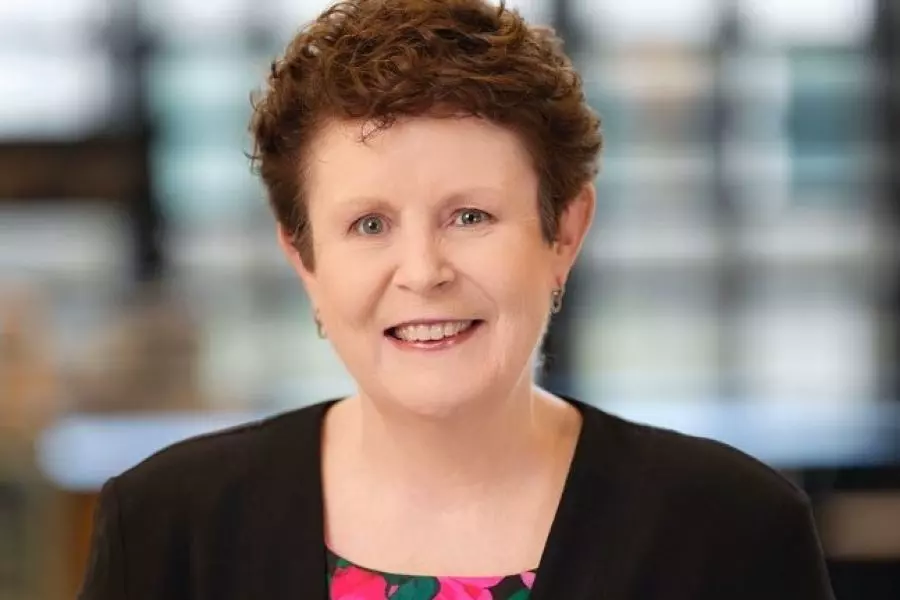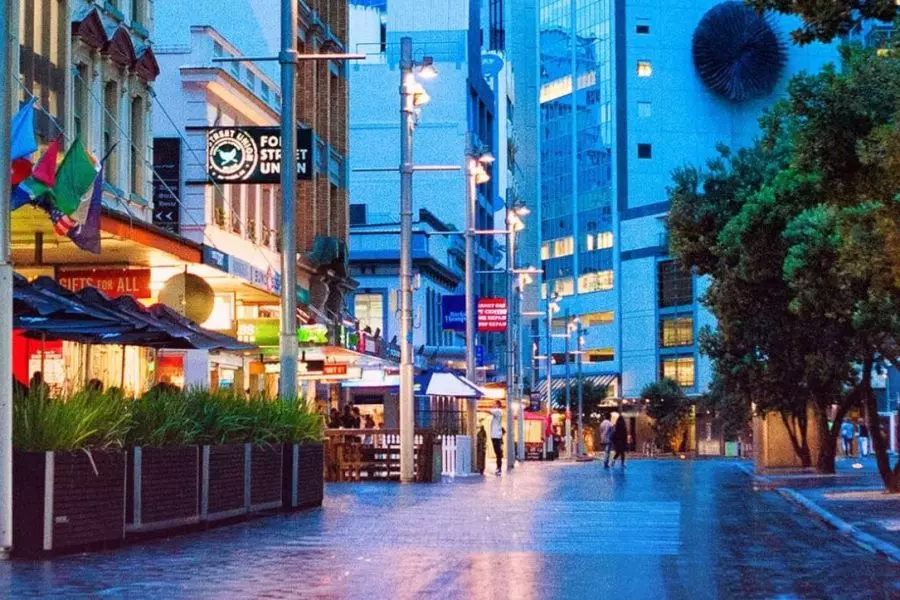News
The key to being a commercial landlord

Friday 18th of February 2022
The disruptions have motivated companies in all sectors to take a good look at what they really need in a workplace, and what it will take to make employees want to return to the office.
Bayleys’ national director office leasing and advisory, Steve Rendall says amenity, location and security are the key factors businesses are looking for in their workspace.
“Companie...
Want to read the full article?
Click the button below to subscribe and will have unlimited access to full article and all other articles on the site.






![[The Wrap] Bye Bye Bayly](https://goodreturns.publit.io/file/c_fill,w_900,h_600/39f23ac1-f7c7-4854-b700-a150004ebbac.webp)


